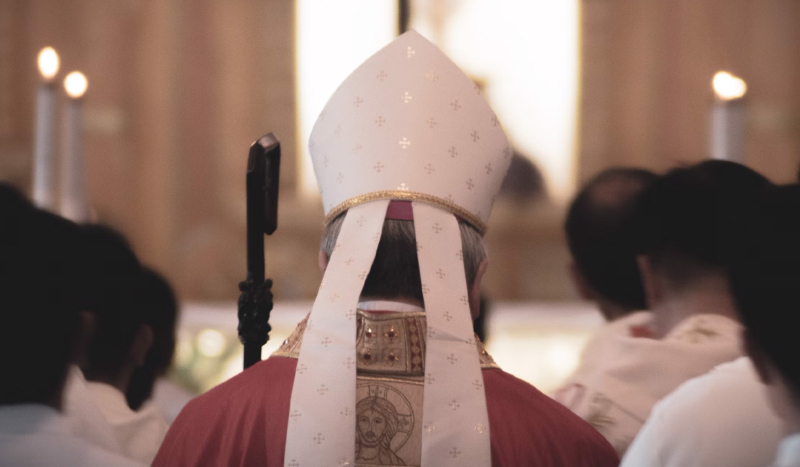
Jomarc Nicolai Cala / Unsplash
CV NEWS FEED // Just comparing press releases from the Vatican and the “Catholic Church in China” signals the Chinese government’s heavy-handed role in appointing bishops in the country, a Catholic senior analyst wrote Jan. 30.
Beijing and the Vatican present “conflicting narratives” regarding episcopal appointments, Sandro Magister highlighted in the Diakonos.be article.
The secrecy of the provisional agreement the Vatican renewed with China in October 2024 regarding the appointments benefits the Chinese government, according to Magister. When Beijing makes its announcements of new bishops, there is “total silence” regarding the Pope’s role, “as if he did not even exist,” he wrote.
>> Despite criticism, Vatican renews provisional agreement with Communist China <<
On Jan. 20, the episcopal ordination of the first bishop since the agreement’s renewal occurred in the Diocese of Lüliang, formerly known as the Diocese of Fenyang, as CatholicVote previously reported. The Vatican bulletin posted on Jan. 20 that on Oct. 28, 2024, Pope Francis appointed Father Anthony Ji Weizhong as the Diocese’s new bishop.
Conversely, the press release about it from the “Catholic Church in China” lists then-Fr. Weizhong’s election as taking place July 19, 2024, and there is no mention of the Pope’s involvement, suggesting more than three months passed before Rome “[digested] the appointment decided on unilaterally by Beijing.”
Beijing’s statement does not mention who elected the bishop or how he was elected, according to Magister.
“But it does cite, as usual, a ‘letter of approval’ from the Chinese episcopal conference, a spurious body never recognized by the Holy See but only by the Beijing authorities,” he continued. “And it provides a detailed list — which the Vatican bulletin omits — of the bishops who took part in the ordination ceremony, with their respective roles in the Chinese Catholic Patriotic Association, the regime’s main organ of control over the Church, which is also the true proprietor of the website of the ‘Catholic Church in China.’”
Magister noted that the same pattern occurred in the Jan. 23 Vatican bulletin announcing Pope Francis’ assignment and transfer of Bishop Joseph Cai Bingrui to the Diocese of Fuzhou and the Chinese press release on the appointment. Again, the Chinese release does not mention the Pope but does cite a “letter of approval” from “the Chinese episcopal conference” and focuses extensively on the bishops who are a part of the Association and their involvement in the decision.
According to Magister, China’s statement also spotlights the promises to the regime that Bishop Cai made at the installation ceremony, in which he “said that he will always hold high the banner of patriotism and of love for the Church, will adhere to the principle of independence and self-management, will adhere to the direction of the sinicization of Catholicism in our country, will unite and lead the priests and faithful of the diocese of Fuzhou in keeping to a path compatible with socialist society.”
Magister’s full analysis is available here.

